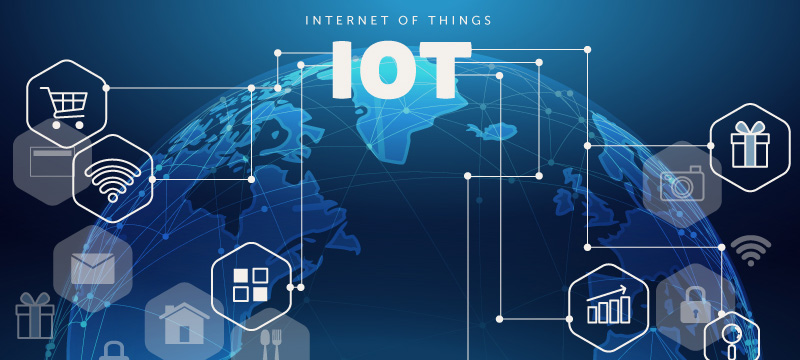The Internet of Things (IoT), refers to the billions of physical devices around the world that are now connected to the internet, all collecting and sharing data. Thanks to the arrival of super-cheap computer chips and the ubiquity of wireless networks, it’s possible to turn anything, from something as small as a pill to something as big as an aeroplane into a part of the Internet of Things (IoT).
Connecting up all these different objects and adding sensors to them adds a level of digital intelligence to devices that would be otherwise dumb, enabling them to communicate real-time data without involving a human being. The Internet of Things is making the fabric of the world around us smarter and more responsive, merging the digital and physical universes.
The industrial internet of things refers to the extension and use of the
IoT in industrial sectors. It refers to interconnected sensors,
instruments and other devices networked together with computer’s
industrial applications, including manufacturing and energy
management. This connectivity allows for data collection, exchange and
analysis, potentially facilitating improvements in productivity and
efficiency as well as other economic benefits. The IoT is an evolution of
a distributed control system that allows for a higher degree of
automation by using clouds computing to refine and optimize the
process control.
Revolution of the modern world by using the Internet of Things (IoT)
In recent years, innovation in hardware, connectivity, big data analytics
and machine learning have converged to generate huge opportunities
for industries. Internet of Things (IoT) can transform the way industries work. It can create autonomous self-healing machines and enhance inventories using
machine learning. Industries can manage their supply chain using IoT
devices and run the production cycle economically. The interconnectivity along with automation reduces human labour and provides faster time to market. The industrial internet of things will transform many industries, including manufacturing, oil and gas,
agriculture, mining, transportation and healthcare. Collectively, these
account for nearly two-thirds of the world economy.
For more information, Follow us on LinkedIn

